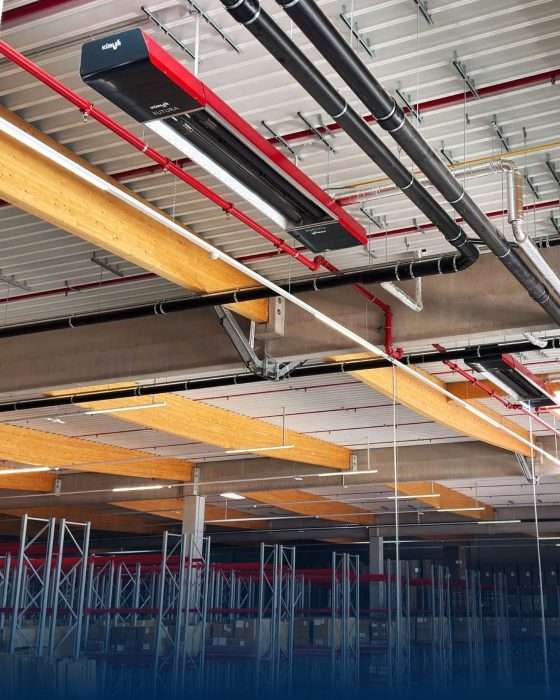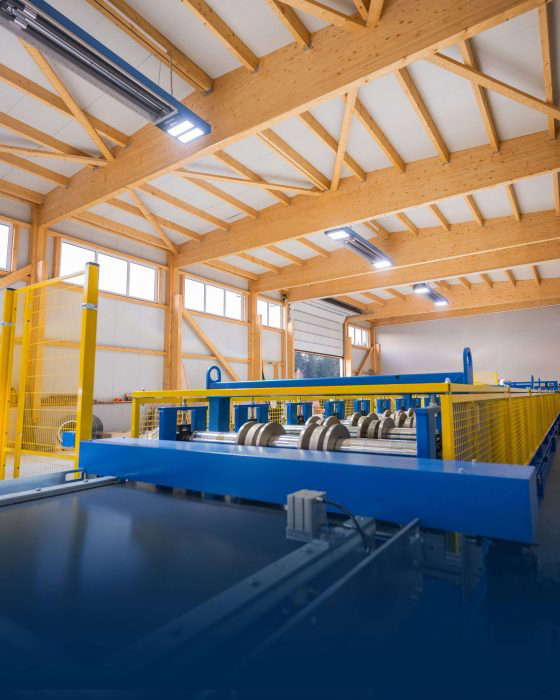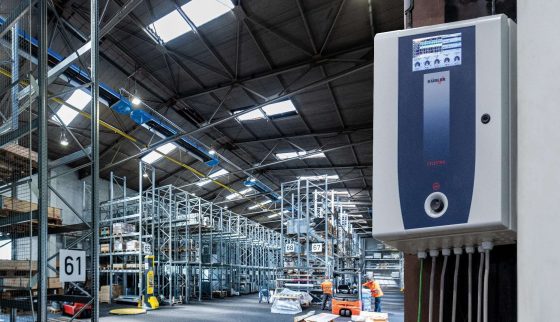No energy transition without an economic policy transition
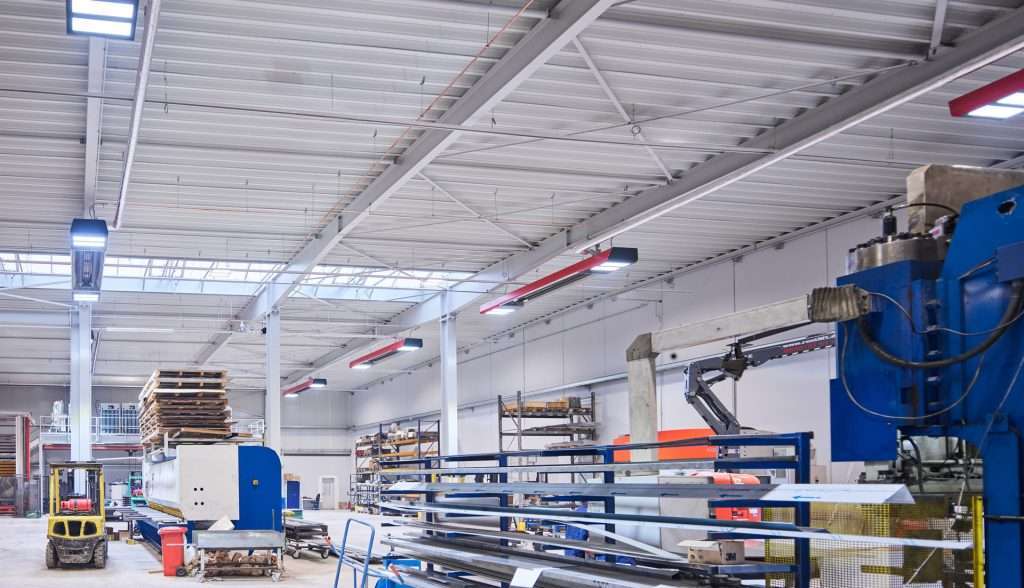
From 6th place to 24th place in just ten years, our once leading industrial nation according to the IMD Competiveness Ranking 2024[1] slipped. 45 percent of industrial companies with high electricity costs are planning or implementing plans to reduce their production or relocate it abroad. Rising trend[2]. Increasing bureaucratic costs and the extremely high energy prices in our country are causing existential problems for many companies, in addition to the shortage of skilled workers. And the new Building Energy Act (GEG) adds another misguided measure.
Ever since the BMWK's concept paper "65% renewable energies for the installation of new heating systems from 2024" announced the contents of the new GEG in July 2022, Thomas Kübler has been warning of the technical errors in the hasty and ideologically driven amendment to the law. He knows all about the Heating Act.
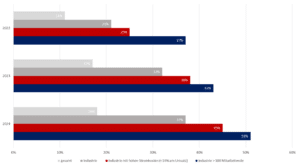
Source: "Energy transition barometer 2024", DIHK, evaluation-energiewende-barometer-2024-data.pdf
"The good news is that there are technically excellent and economical solutions for industrial and commercial buildings to successfully implement the heating transition under affordable conditions," says the experienced specialist in energy-saving hall heating technologies. For non-energy-intensive companies - the lion's share of businesses in Germany - the heating transition is the most important lever for decarbonization. As a rule, over two thirds of energy is used for heating. The fatal thing, according to Thomas Kübler, is that politicians made a whole series of mistakes when drafting the GEG, but against their better judgment are not prepared to rectify them in the current legislative period. Particularly in the area of new construction, the law indirectly prescribes the technology instead of specifying CO₂ targets and leaving the path to the target to the companies, which would have more technical and solution expertise than the political establishment in the BMWK anyway. The restriction to the heat pump preferred by the BMWK for all building types without recognizing the special heating features of halls is bound to go wrong, says Kübler. And would be about as dysfunctional as going on vacation with a concrete mixer. Or like transporting concrete in the trunk of the family car. Both are possible, but not sensible.
In the GEG, politicians continue to equate residential and office buildings, hotels and kindergartens with production or logistics halls. Instead of using the knowledge of specialists to develop correct and functional solutions, they prefer to pursue a landlord-style energy policy. No wonder the energy transition is stumbling.
Berlin is even turning a blind eye to much more suitable technologies for heating hall buildings. Even the latest developments in heating technology, with enormous potential savings of 50 to 70 percent in energy consumption and the corresponding GHG emissions, and the ability to already meet the climate targets of 2045 with renewable energies, are receiving little to no political attention. What remains is the innovation clause in Section 103 of the GEG. Thankfully, this bureaucratic route at least opens up the opportunity to use sensible solutions for tall hall buildings, says Kübler. However, this requires cooperation with the manufacturer, as the relevant information has not yet been legally introduced into the relevant calculation programs used by TGA engineers. As is so often the case in Germany, everything is made more complicated than necessary. Yet it is precisely these heating technologies that will make an important contribution to drastically reducing energy costs and CO₂ emissions for companies and thus counteracting the relocation of important jobs abroad.
"What does this mean for your company, are you also thinking of relocating abroad?" we ask Thomas Kübler. "We have no plans to emigrate. And we're not sticking to the roads either," says the entrepreneur. Instead, he relies on education and knowledge transfer for political decision-makers. "It's time that basic knowledge about gravity became more important than ideological half-knowledge." He is convinced that if the economy acted as superficially as Berlin is currently treating Germany as a business location, there would be a hail of warnings and dismissals.
[1] https://www.imd.org/centers/wcc/world-competitiveness-center/rankings/world-competitiveness-ranking/rankings/wcr-rankings/#_tab_Rank
[2] Electricity prices: How the energy transition is driving industry out of Germany (handelsblatt.com)
You can also read the article in the Handelsblatt: No energy turnaround without an economic policy turnaround! - Handelsblatt Live
-
The German government is sticking to its goal of climate neutrality by 2045. The GMG is to come into force on 01.07.2026. The EU Buildings Directive (EPBD) will be implemented 1:1, making full use of national leeway. The requirements of the Heating Act (GEG §§ 71-71p) will be deleted. The obligation to operate new heating systems with at least 65 % renewable energy will no longer apply to new and existing buildings. Technology openness: Owners [...]
-
Germany has a huge number of buildings whose heating systems waste energy every day and produce far too much CO₂. With regard to the use of renewable energies and modern technologies, it is by no means just an old stock that urgently needs to be refurbished. Many newly built halls are also equipped with outdated [...]
-
Mr. Kübler, your company produces heating systems for halls. These only make up a small proportion of all buildings in Germany. Why is it nevertheless important to save as much energy as possible in this area? That's right, halls only make up around 1.5 percent of all buildings in Germany, so most people don't notice them. Even [...]
-
Christmas is once again approaching surprisingly quickly - and, unfortunately, one or two challenges are on the horizon. From 3G and 2G plus to the next increases in energy prices. Congratulations if you have already converted your hall heating to an economical system from KÜBLER. This is a really good decision in many respects.

